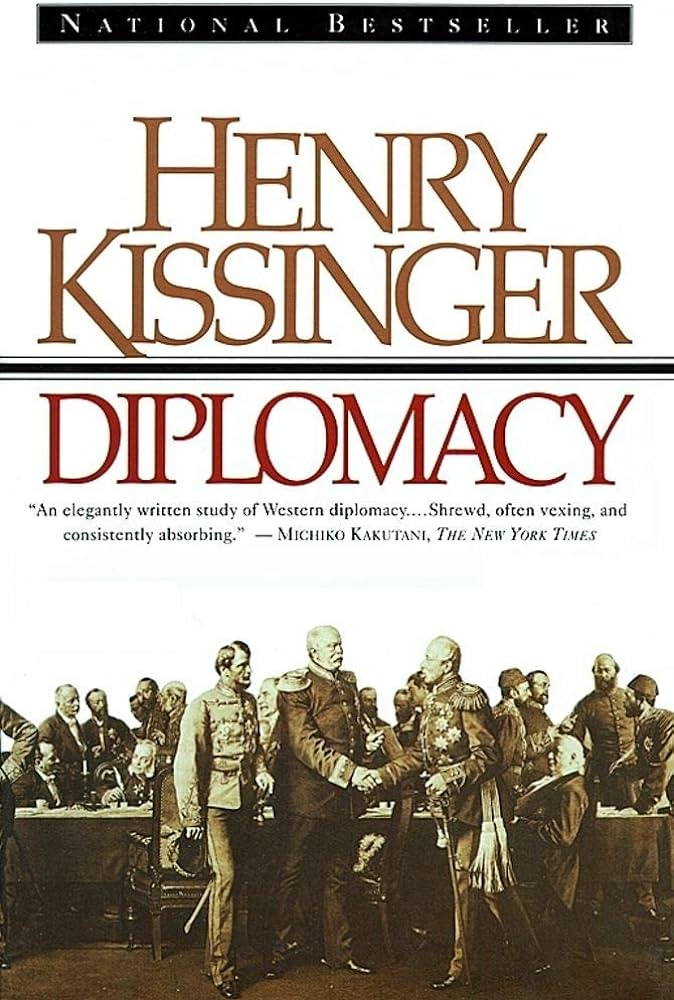
Despite the capitalization of the word “diplomacy,” Henry Kissinger’s book is a masterpiece on diplomacy in Europe, not the rest of the world. The book, however, is sufficiently important, to become required reading in Harvard University. It was part of Historical Studies A-12 in the Core Curriculum at Harvard University, and by extension, other universities too, like Princeton, Stanford, Yale and University of Chicago.
What is so valuable about this book that it was made required reading for a new generation of university students? To a large degree, the answer lies in the scholarship of Henry Kissinger. As one of the few Harvard academics to have ascended to the top job of Secretary of State and National Security Advisor during the administration of President Richard Nixon and subsequently Gerald Ford, Henry Kissinger comes packed with practical insights on what makes the world tick, especially the concept of balance of power.
In “Diplomacy,” balance of power was rightly regarded as the one element that kept the peace among the European powers in the mid-19th century after the end of the Napoleonic War in 1815. Prior to the Napoleonic War, nationalism inspired by the first republic of France was raging throughout continental Europe. One can perhaps imagine a similar scenario in the form of the Arab Spring in 2011. Everywhere in the Arab world, people were stirring to remove their oppressive and corrupt governments. Some regimes fell, while others survived.
Well, this was Europe after the Napoleonic War. Instead of taking on nationalism head-on, the rulers and monarchs of the time established what is known as the Congress of Vienna. Underlying the Congress was the principle that all should be responsible for their respective spheres. Under no circumstances should one country seek to intervene into the affairs of another. Indeed, Congress of Vienna worked for a good century, with the exception of the Crimean War in 1858, where Czarist Russia purporting to represent the entirety of the Christendom, participated in the Crimean War in order to assert its religious appeal.
Come what may, “Diplomacy” is a powerful book. It explains in elegant and deliberately thoughtful language how countries rise, fall, and rise again. When they do rise again, they may have an axe to grind, leading to more violent conflicts; certainly, more cruel than the previous wars, as witnessed by the second World War II.
